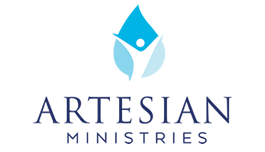Hanukkah, known as the Festival of Lights, often brings to mind glowing menorahs, spinning dreidels, and the comforting smell of latkes. But what does Hanukkah mean according to the Bible?
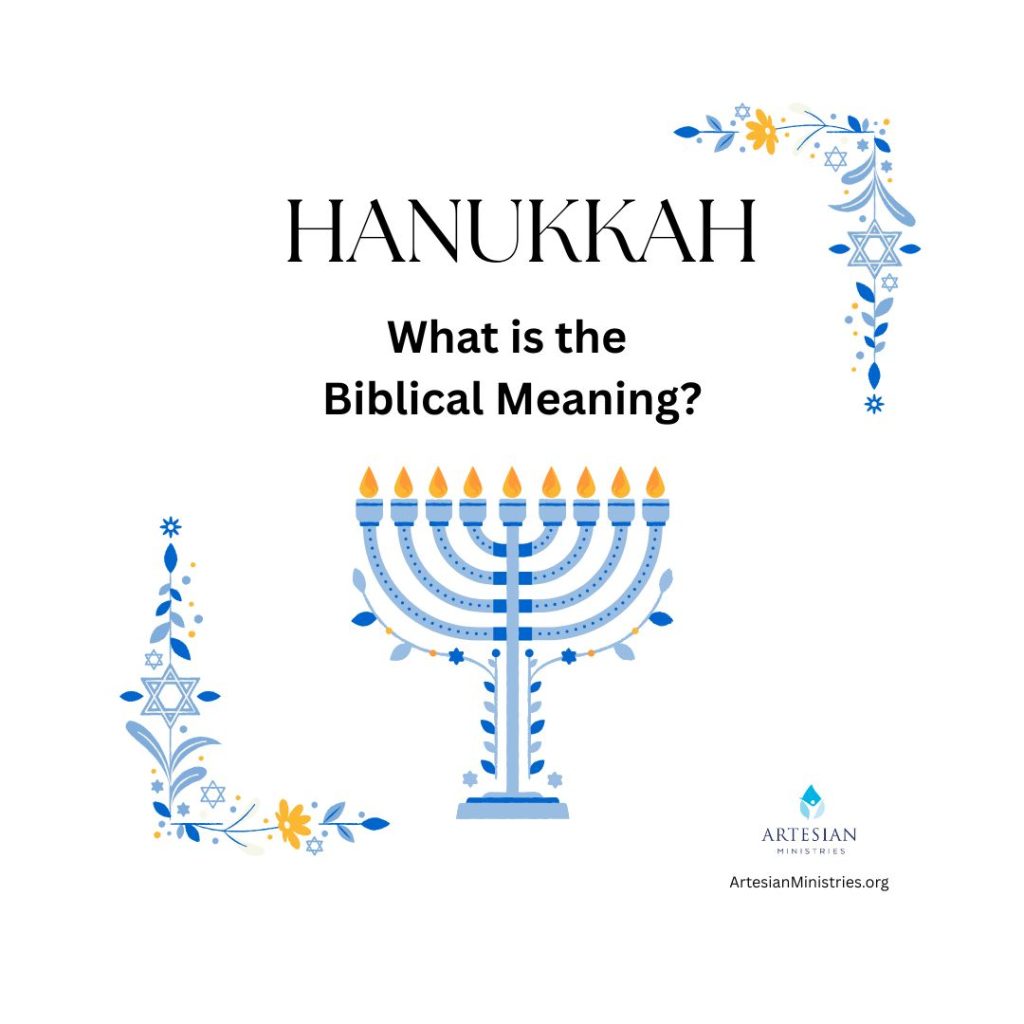
Exploring Hanukkah through the lens of the Bible (especially the King James Version) can feel a bit like digging for ancient treasures. Sometimes the path isn’t as straightforward as you might hope.
Let’s dig in to understand Hanukkah’s biblical references and the deeper meaning behind this cherished festival, mixing history, faith, and a sprinkle of insight.
Table of Contents
Historical and Biblical Context of Hanukkah
To truly appreciate Hanukkah’s place in biblical tradition, we need to start by setting the scene—think of this as the backdrop of a really engrossing story that blends history, faith, and cultural identity.
The festival and time of Hanukkah is tied to a dramatic period in Jewish history, marked by struggle and hope. While it’s widely celebrated today among Jewish people as a feast of the dedication. Its biblical roots and how it’s mentioned—or sometimes not mentioned—in the Scriptures provide fascinating insight.
Related: Christmas Bible Trivia Questions Plus Free Printables
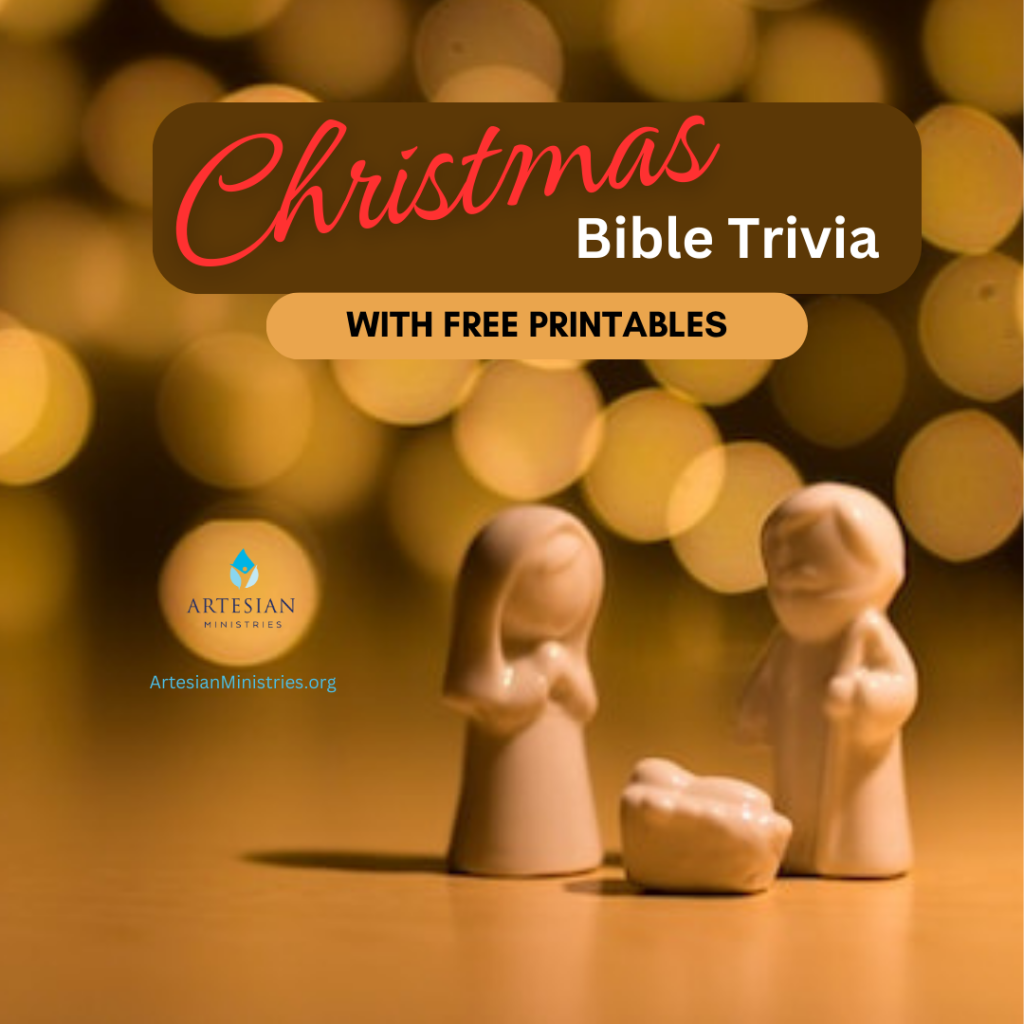
The Origins of Hanukkah
Hanukkah commemorates the Jewish victory over the Seleucid Empire and the subsequent rededication of the Second Temple in Jerusalem around 164 BCE. This heroic episode followed the Maccabean Revolt, a rebellion led by the Jewish priestly family, the Hasmoneans. They fought to reclaim religious freedom against attempts to impose Hellenistic culture and suppress Jewish worship.
This story of resistance, triumph, and celebration of God has been passed down through religious texts (such as the Book of Maccabees) and traditions rather than direct biblical scriptures.
Hanukkah in the Old Testament and Apocrypha
You might notice that the Hebrew Bible—or what Christians often refer to as the Old Testament—doesn’t explicitly mention Hanukkah. This is because the main Jewish texts were compiled earlier than the events commemorated by Hanukkah.
However, accounts related to the festival can be found in the books of the Maccabees, which belong to the Apocrypha. These writings flesh out the historical events on the Jewish calendar behind the holiday, though they don’t appear in the Old Testament canon.
The New Testament Reference to Hanukkah
Hanukkah is mentioned in the New Testament. In John 10:22-23, the festival is called the Festival of Dedication, which is another name for Hanukkah. This brief mention captures Jesus Christ (the Source of all light) walking in the temple during the celebration. This first century mention of the eight-day festival brings a new layer of interpretation to the festival’s themes of true light and spiritual renewal.
Although the Bible doesn’t detail Hanukkah’s origins, this reference in the Gospel of John bridges traditional Jewish customs with the early Christian context.
Related: Fun Christmas Trivia Game with Free Printable Quiz

Symbolism and Traditions of Hanukkah
Hanukkah shines brightly not just as a historical milestone. It is a rich tapestry of symbols and customs that speak to resilience, faith, and the light of life. Each tradition tells a story, and together they create a warm holiday atmosphere that invites reflection and celebration.
The Menorah and the Miracle of the Oil
The most iconic Hanukkah symbol is the menorah, a candelabrum with nine branches. The miracle that the festival celebrates is that of the oil. After reclaiming the temple, there was only enough consecrated oil to light the menorah’s candles for a single day.
Yet, miraculously, the clear oil burned for eight days, allowing time to prepare more holy oil. Lighting the menorah each night of Hanukkah keeps this great miracle alive, reminding us about hope and perseverance from the Father’s hand in tough times.
Games and Foods
If you’ve ever spun a dreidel or enjoyed latkes, then you’ve tasted a slice of Hanukkah culture. The dreidel game, with its Hebrew letters and chance elements, is more than just fun—it’s a playful nod to perseverance under oppression.
Meanwhile, the feast of Hanukkah includes foods fried in oil like latkes and sufganiyot (jelly doughnuts). They honor the oil’s miracle, turning history and faith into comfort and the most joyous times.
The Theme of Light Over Darkness
Hanukkah’s essence centers on light, both literal and metaphorical. It’s a celebration of the restoration of letting sacred light shine and an emblem of hope in adversity. This Feast of Lights resonates God’s promises universally. It encourages people to kindle light in their lives and communities, even when the world feels uncertain or challenged.
Related: Popular Christmas Words From A-Z (Free Game Sheets)
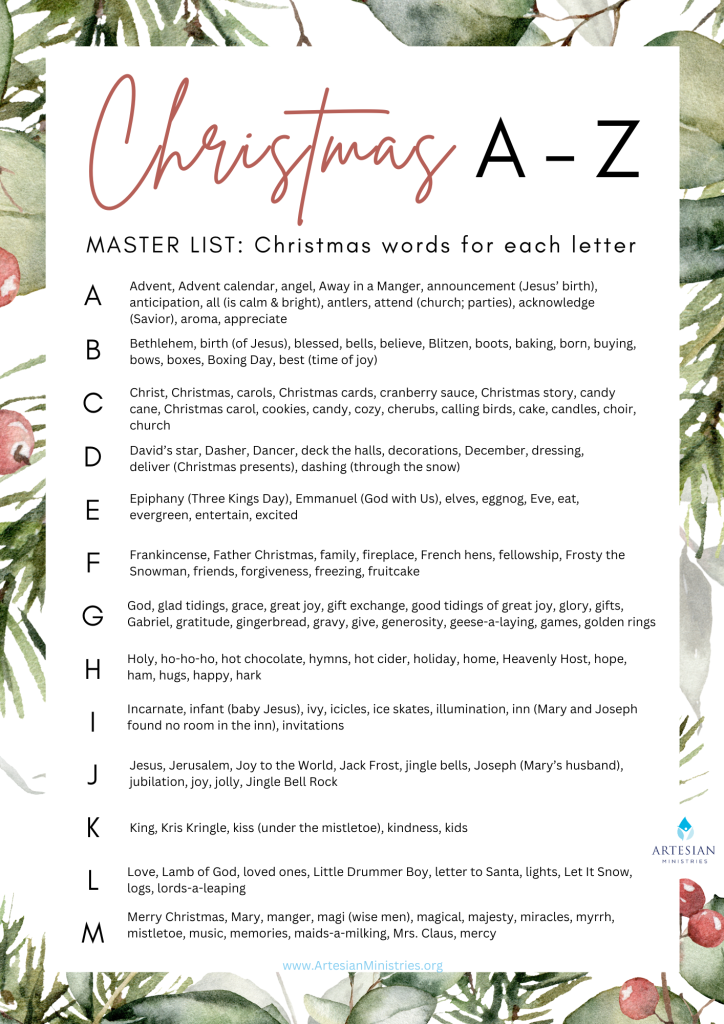
Hanukkah’s Theological Insights
Exploring Hanukkah’s theological meaning in the Bible invites us to look beyond the historical events and into the spiritual messages that transcend time. Even with limited direct references, the festival’s themes ripple through the biblical narrative.
The Feast of Dedication Mentioned in John
John 10:22-23 situates Hanukkah within Jesus’ ministry, observing the Feast of Dedication in the temple courts. This passage may feel brief, but it’s significant. It places Jesus amidst Jewish festivals and traditions. It is a very unique feast that highlights light imagery frequently used in His teachings.
Hanukkah, with its focus on light, parallels John’s larger theme of Jesus being the “light of the world,” a concept that carries deep theological resonance.
Faith and Perseverance as Central Themes
The story of Hanukkah emphasizes standing firm in faith despite overwhelming odds. Daily sacrifices of self for God’s greater good. This aligns with biblical teachings throughout the Bible that encourage steadfastness and trust in God amid trials.
Hanukkah thus becomes more than a historical celebration of good works. It is a spiritual beacon reminding believers to hold onto hope and the promise of eternal life found in the Son of God.
Related: Best Bible Verses About Friendship and Gratitude
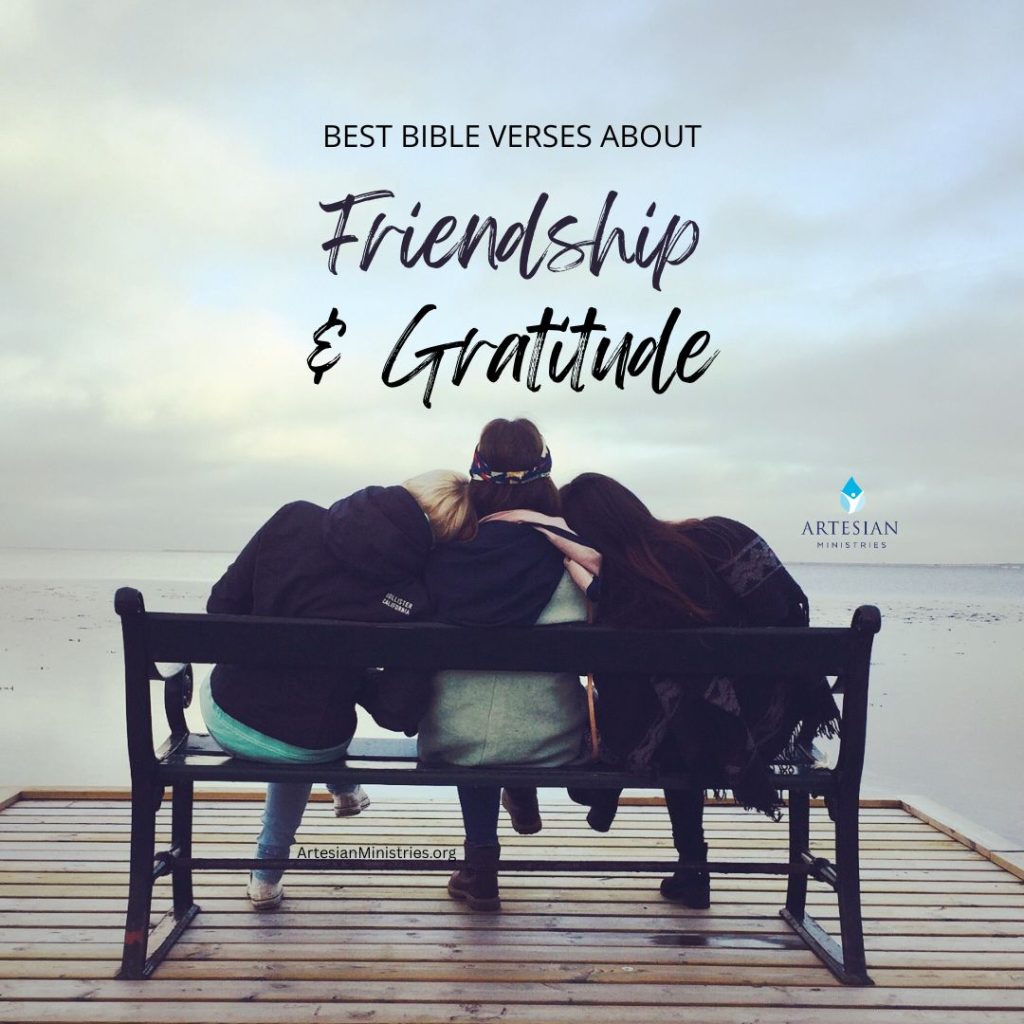
Modern Practice and Cultural Impact
Hanukkah today is a vibrant, meaningful festival embraced by many across the globe, blending ancient traditions with modern expressions. Understanding its roots enhances the joy and significance of these contemporary observances.
How Hanukkah is Celebrated Now
Modern Hanukkah celebrations often blend ancient customs with new elements. Families gather to light the Hanukkah menorahs, enjoy festive meals, exchange gifts, and share the history of the Hanukkah miracle.
These activities not only connect people with their heritage but also create moments of community and belonging in an increasingly busy world.
Hanukkah in Popular Culture
Hanukkah has grown in cultural visibility, especially in places with diverse populations where various religious holidays coexist. Its symbols—like the menorah and dreidel—appear in art, music, and media. The effects are felt wider than the practice of the Jewish religion. They help to educate and invite appreciation beyond the Jewish community.
This cultural exchange enriches collective understanding of resilience, faith, and light. For Christians, those beautiful things are found in God’s Son.
Related: What to Highlight in the Bible and the Best Way To Do It

Hanukkah’s Broader Spiritual Message
Beyond the particulars of history and tradition, Hanukkah offers a broader message that resonates deeply across faiths and personal journeys. It invites reflection on themes universally valuable and always timely.
Light as a Metaphor for Hope and Renewal
The festival’s central metaphor—the light of the menorah—invites us all to consider how we bring light into dark moments. Whether in personal struggles or wider social challenges, Hanukkah encourages nurturing hope, perseverance, and renewal. It reminds us that even a small flicker of faith and oil of His Spirit illuminates our path forward.
The Power of Tradition in Building Community
Hanukkah’s rituals foster connection, not just within families but across communities and generations. By celebrating together, people strengthen their bonds and affirm shared values. This communal aspect underlines how traditions can inspire us to uphold heritage while adapting meaningfully to modern life.
Key Takeaways
- Hanukkah is celebrated to commemorate the rededication of the Second Temple in Jerusalem.
- The Bible doesn’t directly mention Hanukkah in the Old Testament but does include an important reference in the New Testament.
- The festival’s origins trace back to events involving the Maccabees and the miracle of the oil.
- Hanukkah holds themes of resilience, faith, and light triumphing over darkness.
- Exploring Hanukkah through scripture offers a richer understanding of its spiritual and historical roots.
Related: Free Bible in One Year Reading Plans (Printable)

Bottom Line
Hanukkah in the Bible is a fascinating mix of history, light symbolism, and spiritual depth. Even with its brief Scriptural mentions, the festival carries rich themes of hope, faith, and resilience that encourage reflection for anyone exploring its story.
Embracing Hanukkah’s message can inspire us to kindle light in our own lives, especially when the world feels dim, reminding us all of the enduring power of perseverance and renewal.
Related Posts:
- Best Bible Reading Plans
- 13 Best Bible Study Methods
- What to Highlight in the Bible and the Best Way To Do It
About the Author
Donna is an award-winning author, sought-after speaker, and Bible teacher. Her path from unchurched to becoming passionate about sharing Jesus was difficult. Read about her God-breathed journey: “From Unchurched to Becoming a Multi-Published Author and Sought-After Speaker.” If you want to send Donna a quick message, visit her here.

{Some of these links are affiliate links. If you purchase through that link, the ministry may receive a small commission at no extra cost to you.}
